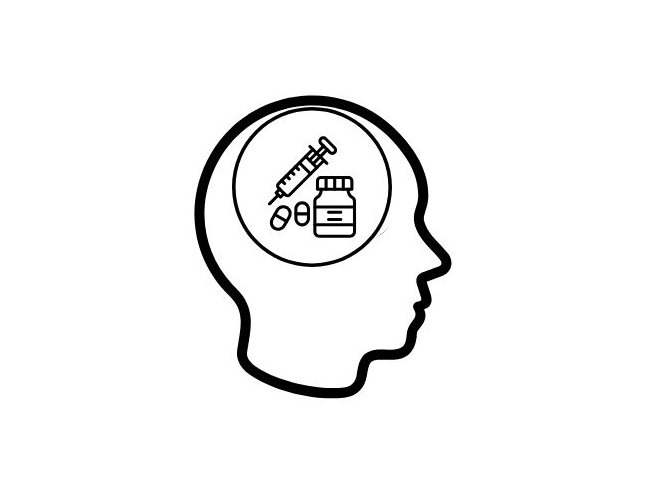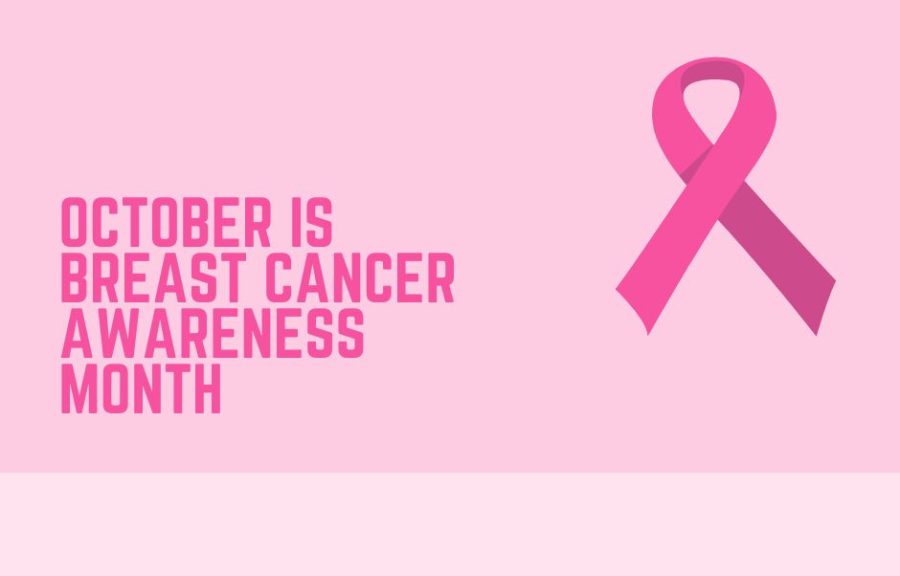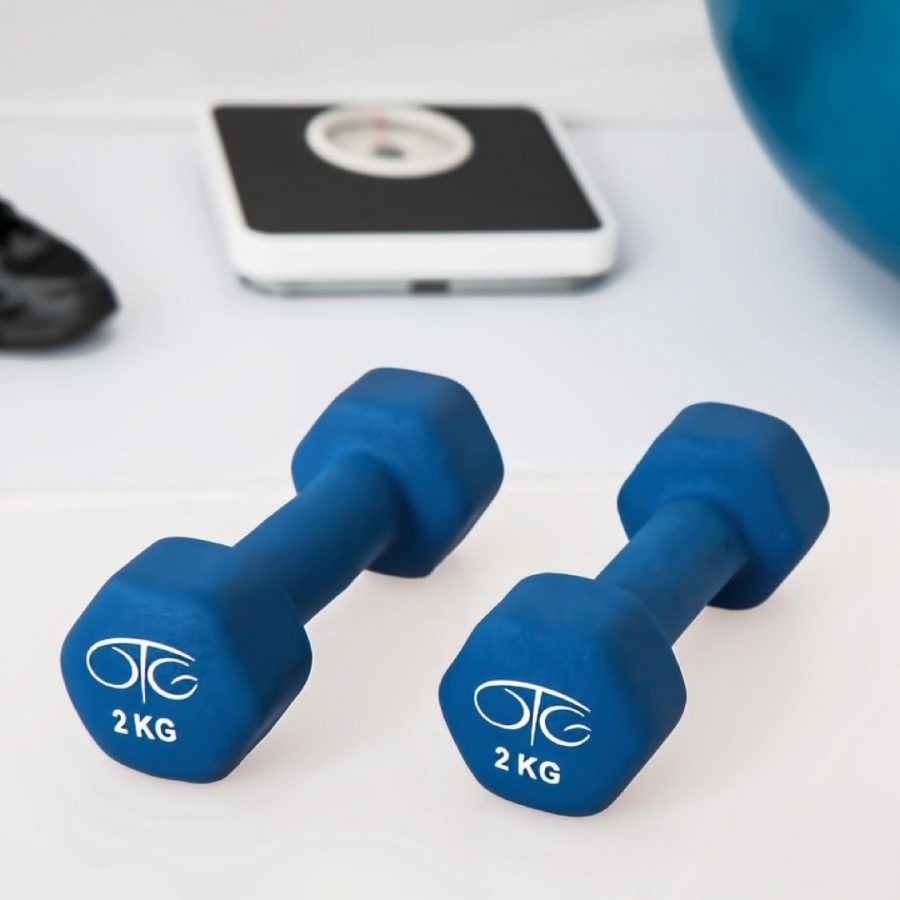Teenagers and adolescents are the primary targets for fitness influencers; self-conscious kids are promised to look like Greek Gods if they buy this supplement or try that workout plan. The influencers peddling these items are most often associated with TikTok. They use young kids to gain millions of views and some even use steroids. Influencers may use steroids with or without the viewer’s knowledge, yet still claim to be all-natural. An example is an influencer by the name of James Ellis, who saw little results from eating better and working out, so he took steroids and his physique exponentially improved. Young women and men seeing these artificial idols on social media are being impacted negatively and are developing body dysmorphia. Body dysmorphia is a hyperfixation of how one looks and never being satisfied when looking in the mirror. Teens are developing a mentality that they will never be able to look how they want without using the forbidden fruit: steroids.
Body dysmorphia has mostly been associated with women; some women compare themselves to unnaturally skinny models and develop unhealthy images of themselves. However, it is becoming an increasingly prevalent problem among men. The effects of steroids include bad mood swings, body acne, increased risk of heart attacks, and even cancer. Antioch Community High School Senior Tristan Keuchle voiced his opinion on the steroid propaganda on social media.
“Personally I [would not] use them, but I see how bodybuilders need them to compete at that level,” Kuechle said. “[I have] always thought they stunt growth for kids and probably hurt their brain development. It [cannot] be good. I would say [it is] not worth it. Work hard and lift consistently, hurting yourself permanently is not worth the risk.”
As steroid use becomes increasingly more exposed to young audiences, more and more teens are glorifying them after viewing these videos.
“[There is] even a pair of twins that use steroids called the TrenTwins,” Keuchle said. “They are terrible role models because somebody that looks up to them wants to be like them and when they [are not] seeing the insane results that these influencers are, that claim to be natural, they think less of themselves.”
When focusing on how teenagers feel about these videos, they seem to be misleading the youth. When these influencers promise that natural supplements and lifting daily will result in a steroid-looking body, they foster self-hate for teenagers who feel like they are not enough.
Once steroids are started, they can be extremely difficult to stop. If one decides to stop taking them, their hormones will crash, and their quality of life will suffer more than it did when they were on steroids. As apps like TikTok become the main focus for what teens spend their free time doing, the viewers should be wary that all of the content may not be factual. Anybody on these apps would do anything for fame and these supplement peddlers have no morality when it comes to pushing their brand. Teens need to remember that fitness is a personal journey, not a sprint to the perfect body in a couple of months. Learning to appreciate the journey and developing healthy eating and exercise habits is something that can benefit teens for the rest of their lives. Steroid abuse is not something to dabble with, especially in adolescence.








